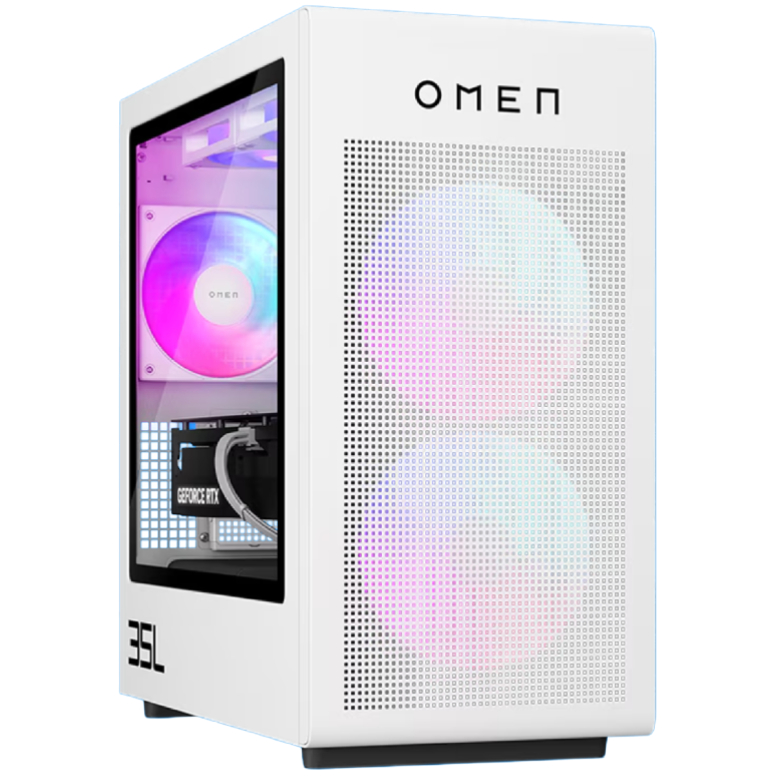Alleged 3-person smuggling operation accused of shifting tens of millions of dollars’ worth of AI chips to China potentially faces up to 20-year prison sentence
The defendants allegedly received $1 million payments from China-based companies.

Two Chinese nationals have been arrested on the grounds of allegedly exporting AI chips out of the US to China without the licenses now legally required. The pair are specifically charged with violating the Export Control Reform Act, which could lead to a sentence of up to 20 years in prison.
According to the US Department of Justice, Chuan Geng and Shiwei Yang are accused of exporting "tens of millions of dollars’ worth of sensitive microchips used in artificial intelligence (AI) applications" between October 2022 and July 2025. Last week, Chuan Geng and Shiwei Yang's phones were seized, surfacing allegedly incriminating communications "about shipping export-controlled chips to China through Malaysia to evade U.S. export laws."
The exports were said to be handled through the California-based company ALX Solutions Inc., a three-person outfit in which Geng is listed as handling the firm's finances, Yang holds the title of secretary, and the third alleged member of the operation, said to be the company's chief executive, has not yet been named. The company was apparently founded "shortly after the Commerce Department began requiring licenses for the advanced microchips that Yang and Geng are alleged to have illegally exported."
ALX Solutions shipped this restricted hardware to Singapore and Malaysia, though the DOJ says these were merely pitstops on the journey, as both locations "are used as transshipment points to conceal illegal shipments to China." Furthermore, the DOJ says that ALX Solutions did not receive payment directly from the clients it claimed to be shipping the tech to, instead allegedly receiving payment from "companies based in Hong Kong and China, including a $1 million payment from a China-based company in January 2024."
Chip smuggling is nothing new—over the years we've heard of smugglers sequestering hundreds of CPUs in prosthetic body parts and using live lobsters as an unlikely cover. Since the roll out of the previous Biden administration's AI Diffusion Rule roll out, and the Trump administration's following rescission and retooling of these export controls, smuggling operations appear to have become more sophisticated.
For instance, chip smugglers allegedly sent $1 billion worth of Nvidia's AI chips to China in the three months following the implementation of the tightened Trump controls.
In the case of ALX Solutions, the company allegedly sent "at least 20" shipments intended for clients in China prior to December 2024. The DOJ alleges that at least one shipment made at the end of 2024 was "falsely labelled", going on to elaborate, "In fact, the shipment contained GPUs that required a license for export to China. Neither the defendants nor their company applied for, nor did they obtain a license from the Commerce Department."
Keep up to date with the most important stories and the best deals, as picked by the PC Gamer team.
As for Geng and Yang, neither have yet had the opportunity to enter a plea. A federal judge has since "ordered Geng released on $250,000 bond and scheduled an [August] 12 detention hearing for Yang," with arraignments to follow on September 11.

1. Best overall:
HP Omen 35L
2. Best budget:
Lenovo Legion Tower 5i
3. Best compact:
Velocity Micro Raptor ES40
4. Alienware:
Alienware Aurora
5. Best mini PC:
Minisforum AtomMan G7 PT

Jess has been writing about games for over ten years, spending the last seven working on print publications PLAY and Official PlayStation Magazine. When she’s not writing about all things hardware here, she’s getting cosy with a horror classic, ranting about a cult hit to a captive audience, or tinkering with some tabletop nonsense.
You must confirm your public display name before commenting
Please logout and then login again, you will then be prompted to enter your display name.

